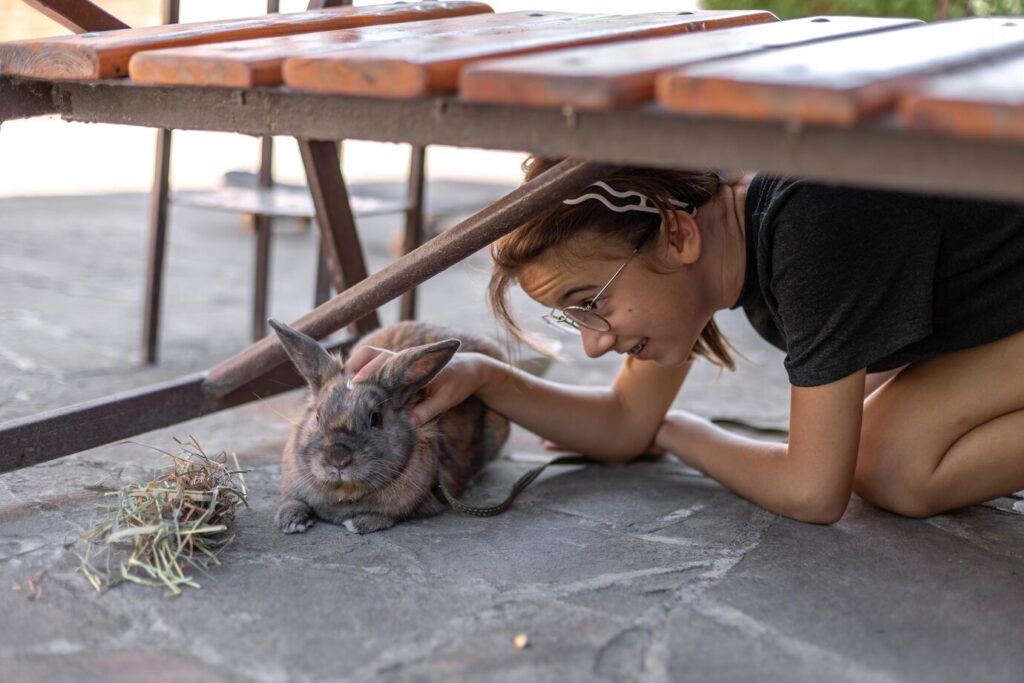Hearing scratching sounds in your walls or finding tiny droppings in your kitchen can be pretty scary. If you’re like many homeowners in Washington, your first thought might be, “I can handle this myself.” You run to the store, buy a few traps, and hope the problem goes away. After all, who doesn’t want to get rid of annoying pests quickly and cheaply? But rodent problems are trickier than they seem, and do-it-yourself (DIY) rodent control often doesn’t work in the long run.
Let’s take a closer look at why home methods usually fall short and what makes rodents so hard to deal with.
Rodents Multiply Fast
You might think you’ve caught the only mouse in the house, but chances are, there are more. Rodents reproduce very quickly. Just one pair of mice can have hundreds of babies in a single year. So if you catch one or two, it doesn’t mean your problem is gone. The rest are likely hiding out in the walls, attic, or crawl spaces.
DIY methods usually don’t stop the whole colony. That’s why infestations keep coming back.
It’s Hard to Find Where They’re Getting In
Rodents are sneaky. They can fit through holes as small as a dime! Even if your home looks secure, there might be tiny gaps around pipes, under doors, or near vents that are easy to miss. Most homeowners don’t know where to look or how to seal those spots properly.
Without finding and sealing every entry point, more rodents can keep coming in no matter how many traps you set.
Traps Aren’t Always Set Correctly
It’s not just about setting a trap, it’s about putting it in the right place with the right bait. Rodents usually move along walls and in dark corners. If your traps are out in the open or only in the kitchen, they might not work at all. Plus, using the wrong bait or setting too few traps can mean your efforts won’t make much of a difference.
Even worse, rodents can learn to avoid traps altogether. They’re smart and will quickly adapt if they sense danger.
DIY Can Be Risky
Some store-bought rodent products include poisons. These can be dangerous if you have kids or pets. If a rodent eats poison and dies inside your walls, it can create a bad smell and be hard to clean up.
Also, dealing with droppings or nests without the right protection can make you sick. Rodents carry diseases like Salmonella and Hantavirus. Cleaning up without the right safety steps can put your health at risk.
Rodents Cause Big Damage
Rodents chew on just about anything: wires, wood, insulation, and even plastic. They do this to keep their teeth short. This constant chewing can lead to serious problems like damaged wires or even fire risks. If the infestation continues, it can cost you a lot in home repairs.
Trying to fix the issue with DIY methods often gives rodents more time to do damage.
Why Calling a Pro Makes a Difference
Professionals don’t just set traps, they look at the whole picture. Here’s what they do:
- Inspect your home inside and out to find where rodents are getting in.
- Seal entry points so they can’t come back.
- Use professional tools and baits that are more effective and safer than store-bought options.
- Create a plan to stop future infestations with prevention tips and follow-up visits.
Most importantly, pest experts know rodent behavior. They understand how these animals move, where they hide, and how to get rid of them completely, not just the ones you can see.
Final Thoughts
In Washington, homes are surrounded by nature, which means rodents are always nearby. DIY fixes might seem cheaper and easier at first, but they often miss the real problem. Rodents are fast, smart, and tough to get rid of without the right tools and knowledge.
If you’re hearing noises in the walls or finding signs of rodents, don’t wait. Getting help from a professional can save you time, money, and stress, and keep your home safe for the long run.





